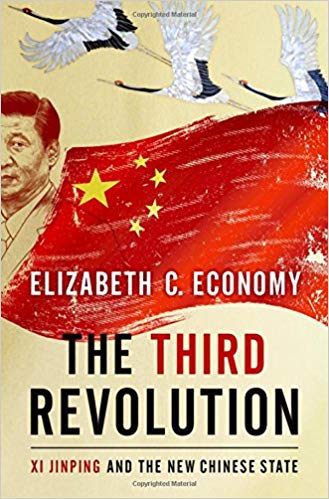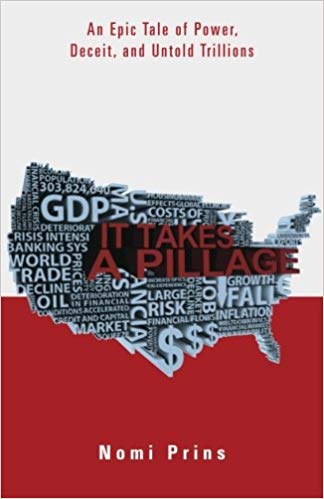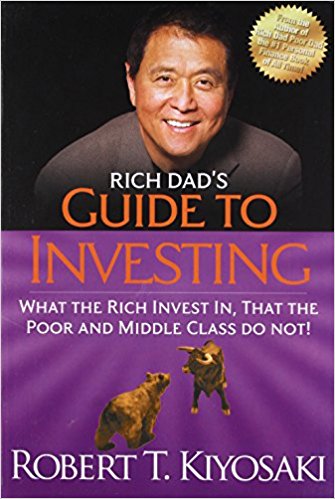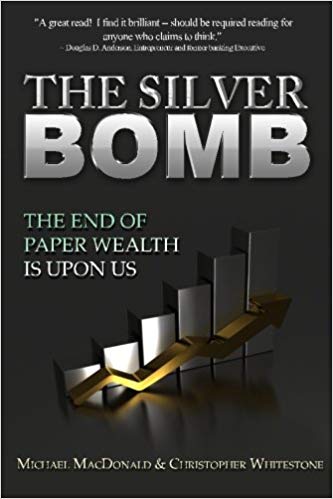Description
China’s Economy: What Everyone Needs to Know® is a concise introduction to the most astonishing economic growth story of the last three decades. In the 1980s China was an impoverished backwater, struggling to escape the political turmoil and economic mismanagement of the Mao era. Today it is the world’s second biggest economy, the largest manufacturing and trading nation, the consumer of half the world’s steel and coal, the biggest source of international tourists, and one of the most influential investors in developing countries from southeast Asia to Africa to Latin America.
China’s growth has lifted 700 million people out of poverty. It has also created a monumental environmental mess, with smog-blanketed cities and carbon emissions that are a leading cause of climate change. Multinational companies make billions of dollars in profits in China each year, but traders around the world shudder at every gyration of the country’s unruly stock markets. Most surprising of all, its capitalist economy is governed by an authoritarian Communist Party that shows no sign of loosening its grip.
In The Third Revolution, eminent China scholar Elizabeth C. Economy provides an incisive look at the transformative changes underway in China today. Chinese leader Xi Jinping has unleashed a powerful set of political and economic reforms: the centralization of power under Xi, himself, the expansion of the Communist Party’s role in Chinese political, social, and economic life, and the construction of a virtual wall of regulations to control more closely the exchange of ideas and capital between China and the outside world. Beyond its borders, Beijing has recast itself as a great power, seeking to reclaim its past glory and to create a system of international norms that better serves its more ambitious geostrategic objectives. In so doing, the Chinese leadership is reversing the trends toward greater political and economic opening, as well as the low-profile foreign policy, that had been put in motion by Deng Xiaoping’s “Second Revolution” thirty years earlier.
Through a wide-ranging exploration of Xi Jinping’s top political, economic and foreign policy priorities-fighting corruption, managing the Internet, reforming the state-owned enterprise sector, improving the country’s innovation capacity, enhancing air quality, and elevating China’s presence on the global stage-Economy identifies the tensions, shortcomings, and successes of Xi’s reform efforts over the course of his first five years in office. She also assesses their implications for the rest of the world, and provides recommendations for how the United States and others should navigate their relationship with this vast nation in the coming years.







Reviews
There are no reviews yet.